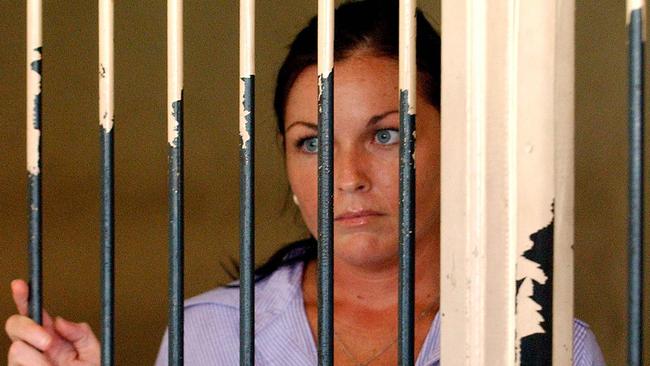Schapelle Corby very nearly copped the death penalty for smuggling drugs into Bali, it can be revealed
SCHAPELLE Corby was a single pen stroke away from facing the firing squad in Indonesia. Now the man who made the call explains why she was spared.
National
Don't miss out on the headlines from National. Followed categories will be added to My News.
- Schapelle may have trouble adjusting to life back home
- Indonesian authorities ‘glad to see the last of Schapelle’
- Mercedes Corby says sister Schapelle scared to go outside
- Schapelle won’t be allowed to cash in on a pricey TV deal
EXCLUSIVE
SCHAPELLE Corby was a pen stroke from the firing squad.
A special News Corp investigation can reveal the death penalty was on the table for Corby but it wasn’t her blue eyes, Australian accent or the extraordinary media interest in the beauty school dropout that saved her from execution.
In short, it was the malleability of youth and Indonesia’s belief in rehabilitation.
For the first time, the man who prosecuted Corby — Ida Bagus Wiswantan — has revealed that after careful consideration, Corby was given a second chance at life because of her young age. And this was despite her refusal to admit guilt.
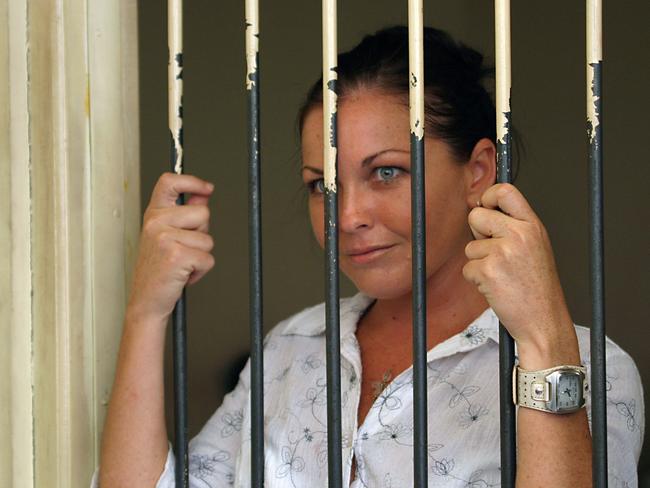
He said punishment is like medicine for the ailing.
But the question was how much medicine was required in Corby’s case?
THE PROSECUTOR: How Schapelle dodged a firing squad
THE JUDGE: Schapelle’s judge sure she did it
THE ARREST: Customs ‘sensed’ something about Schapelle
THE RETURN: Schapelle keeps authorities guessing
“I felt that Corby can still rehabilitate herself so the death sentence is not the punishment. If she got the death sentence she cannot rehabilitate. But I felt that Corby has the chance to fix herself,” Wiswantanu said.
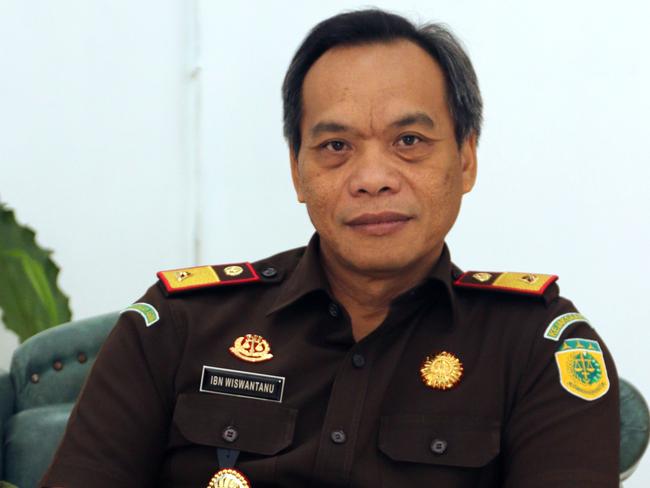
He said considerations of humanity also came into the decision making process.
“For sure it was discussed,” he said of the death penalty option.
“We discussed it. We also considered the level of medicine, or how many years, is needed for her and finally we decided not to give the death sentence because she can be rehabilitated,” he said.
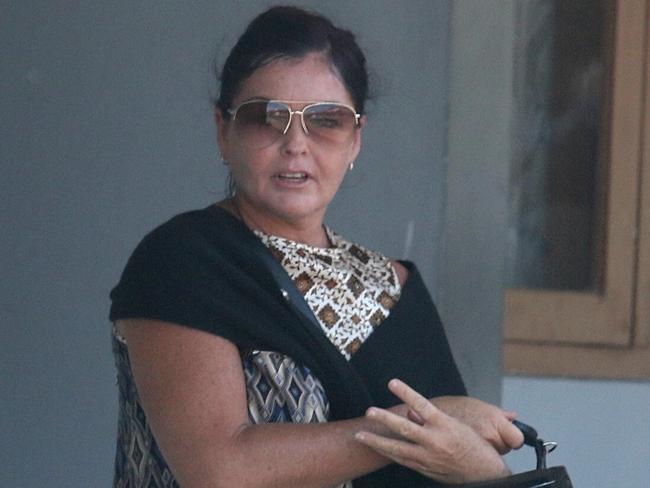
The death penalty was not considered the right medicine, and Corby deserved a chance to live.
RELATED: Hopes high profile of Schapelle Corby, Bali Nine plight a deterrent
The Bali prosecutors then sent their recommendation to Jakarta, who ultimately had the final say.
Wiswantanu said it was the Attorney-General, in Jakarta, who signed off on the life sentence demand.
He said the fact Corby was Australian or any considerations of the relationship with Indonesia did not enter into the case or the decision-making processes.
Asked if the medicine had worked, given Corby maintains her innocence, Wiswantanu is blunt.
“Like a doctor who gives medicine for the flu, sometimes we get the flu again … not all medicine will work in all people,” Wiswantanu said.
“For sure it concerns me (that she claims to be innocent) because as a law enforcer we really hope that she will not repeat the crime again.
“Because law enforcers have the task of maintaining security and public order so we hope she never does the same thing again.”
He summed up: “For sure she knows the truth.”
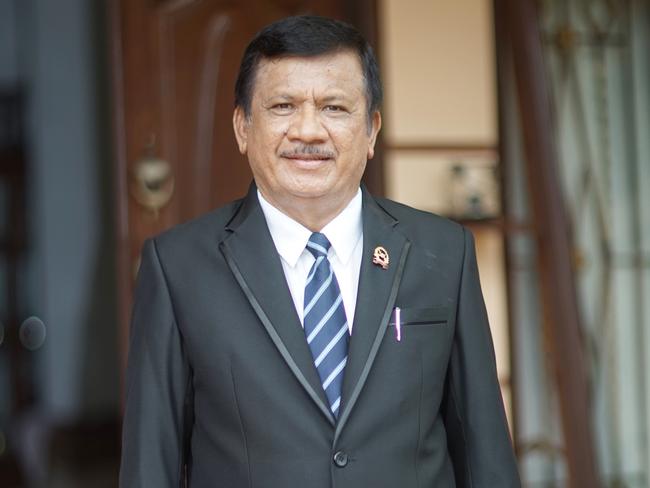
Mr Wiswantanu said Corby got a more than fair trial.
Corby’s defence team succeeded in getting the High Court to reopen the case to hear new evidence after the verdict, something which had never happened.
At the time of Corby’s arrest, on October 8, 2004, the 4.2kg of marijuana found in her boogie board bag was a large amount for Bali.
Mr Wiswantanu said the impact of this on the community needed to be taken into account.
“The impact on the community became a consideration at the time by the prosecution at that time, especially because this was a foreigner bringing drugs from another country to Indonesia so it can threaten security and public order,” he said.
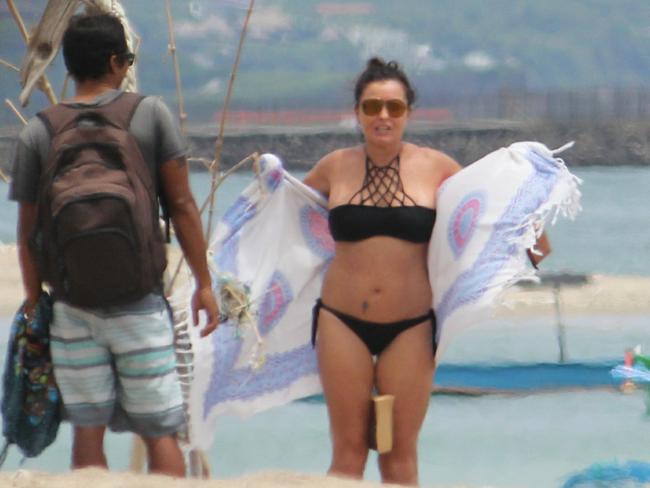
After Corby’s case Mr Wiswantanu went on to serve in senior prosecution positions in Jakarta and other provinces before returning to Bali where he now works as the second in charge of Bali prosecutors.
He was the chief prosecutor who was present at the executions of the three Bali bombers in late 2008 and gave the order for them to be shot dead, watching as they died.

